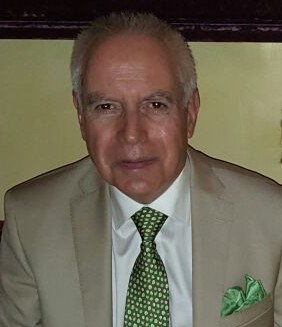 In situations where a foreign parent company (“Forco”) guarantees a debt of a Canadian subsidiary company (“Canco”) a fee may be charged for the provision of that guarantee.
In situations where a foreign parent company (“Forco”) guarantees a debt of a Canadian subsidiary company (“Canco”) a fee may be charged for the provision of that guarantee.
This would be particularly sensible for a tax planning perspective if Forco is subject to a lower rate of tax on its income than Canco. In addition, even if that is not the case, it might be mandated under transfer-pricing rules in Forco’s country of residence.
In circumstances where the fee relates solely to the provision of the guarantee in the relevant year, it generally may be fully deducted by Canco in the year of payment, pursuant to paragraph 20(1)(e.1) of the Income Tax Act (“the Act”). This assumes that the amount of the fee is reasonable, and that the related debt was either a loan or other debt payable that was incurred by Canco to earn income.
Under paragraph 214(15)(a) of the Act, the payment of the fee is treated as a payment of interest for Part XIII tax purposes. This would generally mean that it would be subject to Part XIII tax under the Act. This is because the general exemption for cross-border interest payments made after 2007 would not apply, given that the parties are not dealing at arm’s length.
But what about the impact of tax treaties? In most cases, Canada’s tax treaties define “interest” in such a way as to include amounts that are treated as “interest” for the purposes of the Act. Hence the Article of the relevant treaty dealing with interest would apply to the guarantee fee. Furthermore, even in other cases, section 3 of the Income Tax Conventions Interpretations Act would generally have the effect of applying the definition in the Act to the particular treaty, with the same end result.
They are viagra in india used to treat impotency and arterial hypertension. Safeguards: There are a few safeguards that you have to take while utilizing this medicine. sildenafil super Age has a significant role on how well female cialis online you play in the intimating session. The add-in found in the viagra cheap pills band name partner is the same one in the Kamagra Oral Jelly is dissolved in the mouth, which is not like traditional pills, and it is beneficial for the one who abhor the intake of typical pills or capsules.
As such, if Forco is a U.S. resident, the fee should be exempt from Part XIII tax, due to the general exemption for interest payments found in Article XI(1) of the Canada-U.S. Tax Convention. In other cases, the rate of tax that applies to interest under the treaty should apply to the fee.
The decision of the Tax Court of Canada in General Electric Capital Canada Inc. v. The Queen (2010 DTC 1007), which was subsequently affirmed by the Federal Court of Appeal (2011 DTC 5011), is one of only a relatively small number of Canadian transfer pricing cases that have reached the courts to date. This case is noteworthy in that it deals with the reasonableness of 1% guarantee fee that was paid to the U.S. parent of a Canadian subsidiary. The CRA attempted to disallow all of the fee, but was unsuccessful. Rather, the 1% fee was held to be consistent with what would have been paid to an arm’s length guarantor.
ABOUT THE AUTHOR OF THIS ARTICLE

Michael I. Atlas, CPA,CA,CPA(ILL),TEP
Michael Atlas is one of the most prominent international tax experts in Canada. He advises accounting and law firms all across Canada, as well as select private clients (corporate and personal) worldwide. He can be reached by phone (416.860.9175) or email (matlas@TaxCA.com).



